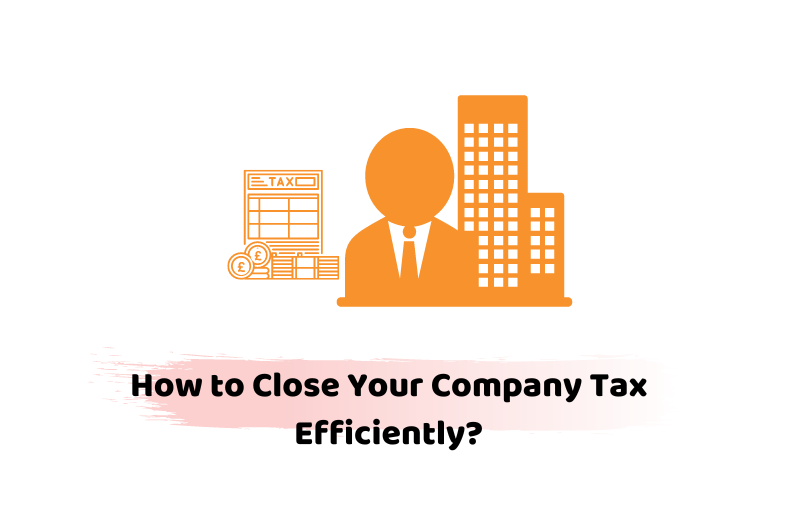It is important for the owners of the company while they are planning to close their business to not have to go through any tax payments. There are several instances which provide you with the scenario that your close company tax is not a part of your liability. On the other hand, some circumstances make you liable for clearing the tax payments before you plan to close your company.
Finding ways to reduce your tax burden is vital for every business owner whether he is planning to run the business or close it. The good news is that possible tax reliefs and procedures will help you achieve your goal. This depends a lot on your annual tax-free allowance limit that will decide if you can close the company without paying any tax or not. In this guide, we will help you to develop an understanding of how can you make our company dormant and ensure that your business does not owe any tax payments. You will be able to close your company in the most tax-efficient way.
Get in touch with one of our young and active team members to get to know more about close company tax. Reach out to us today to get your queries answered quickly.
What is a Dormant Company?
A dormant company refers to a company that has come to the level of not making any income and there is no business activity is carrying out by the company. It is advisable to make the company inactive to be away from the corporation tax and other such liabilities. This is the only way to reduce the burden of loss. Making the company dormant will allow you to be free from the responsibility of paying corporation tax as it is not required in such a situation.
Moreover, it is imperative to understand that when the company is in a period of dormancy since there is no money activity and not even there are shares to dispose of, there will not be any tax to pay, capital gains, income, or dividends. HMRC and Companies House defines a dormant company a little differently from each other. According to HMRC, a dormant company owns no income and it is no longer able to do the trading. However, according to the Companies House, a dormant company has no record of the transactions in the accounting period and it is unable to generate any income.
Moreover, the way HMRC defines a dormant company tends to be more accurate when it comes to tax implications.
Close Company Tax – Dormant Company
If a company is considered dormant according to HMRC, there are no tax responsibilities on it and it is considered to be tax-free. HMRC further explains a company is known to be dormant until the day it initiates the processes of trading again. Also, there is no need to file tax returns during the period of dormancy. When the company plan to resume trading, the company is obliged to bring this into HMRC’s knowledge within the initial period of three months.
Moreover, if a company decides to stop its trading activities, it will be considered a non-trading company according to HMRC. However, for corporation tax, it will be consistent dormant. This means there are no tax liabilities for this period of dormancy. The company is only allowed to be in this scenario of dormancy for five years.
What are Close Company Tax Implications?
When a company is in a period of dormancy, it still is registered in the record of the industry. However, when the time comes that the company decides to shut down completely and struck off, there is no such record intact in the registered companies. Now when the business is solvent, two methods will help the company to strike off. These are:
- Members Voluntary Liquidation also known as MVL
- Voluntary Strike off
The question that arises here is which of the above stated method is more tax efficient for your company. If the profits of the company are not more than £25,000, Voluntary Strike Off is the best option for you. This will allow your money is saved on a liquidator.
On the other hand, if the amount of profits is more than the suggested limit, Voluntary Strike Off, MVL will turn out to be the most tax efficient for your company. Here you should consider the cost of the liquidator as well.
The Bottom Line
Now that you have gathered a fair amount of information about the closed company tax, we can bring the discussion towards wrapping up. We can say that it is challenging for a business to go through a period of dormancy or decide to go inactive if it is making no income. However, to keep the corporation tax away from the business, you should seek professional help to get the process done right. We hope these few minutes of reading will help to develop a better understanding to handle such a scenario in a more tax-efficient way.
This is why we recommend speaking to one of the most professional team members at Accotax if you are stuck with the understanding of your rates.
Disclaimer: The information provided in this blog about close company tax includes its text and graphics in general. This does not intend to disregard any of the professional advice.





















































